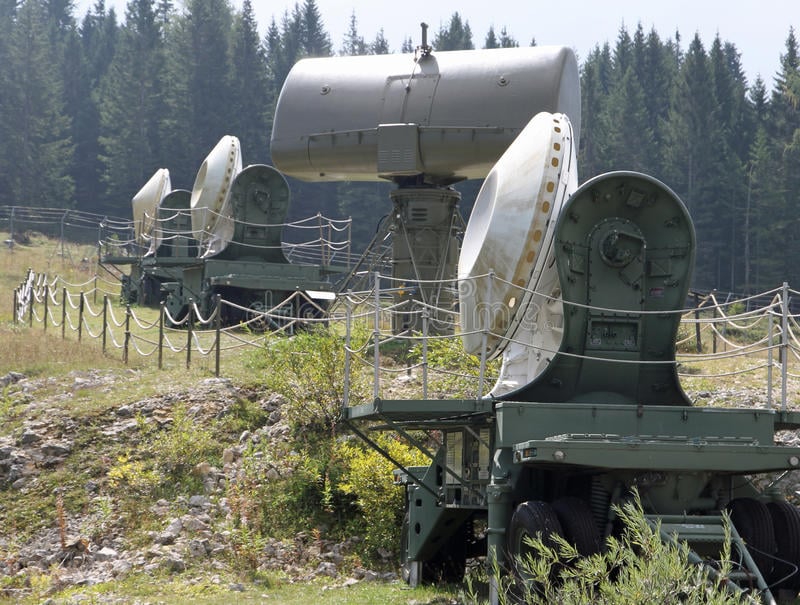Radar detectors haven’t always been legal in every U.S. state. Many states outlawed the use of these devices but later repealed them. As it stands now, the use of radar detectors is permitted in most of the country.
Virginia, along with the capital district of Washington, D.C., doesn’t permit the use of radar detectors in commercial and private vehicles. The state banned the usage of these devices in 1962 and has since stuck by the decision, despite other states revoking theirs.
The reasons for this are manifold. Authorities believe radar detectors can make it easier to break the law, giving offenders an easy out.
Despite many attempts in the General Assembly sessions, repeals always faced strong opposition, some never even making it out of the Committee.
There may also be no sense (compounded by the state’s typical slowness in bringing about legal changes) in introducing a change now as radar technology is almost on the brink of obsoleteness; authorities graduated to LiDAR, VASCAR, and “pacing” long ago, to detect speeding vehicles.
So, if your question was “are radar detectors legal in Virginia?”, the short answer is no. Continue reading for more information on the legality of this device, penalties, and caveats.
Legality of Radar Detectors in Virginia

As per Title 46.2 of the Virginia Code, radar detectors of any kind, passive or active, or any device used to detect speed-monitoring devices used by law enforcement agents, are banned in all types of vehicles in Virginia.
However, if the said device is not powered on/connected to a power source and is inaccessible to the driver and all passengers while the vehicle is in motion, no offense is technically being committed.
Penalties Involved
The use of a radar detector can result in a fine (around $100) and the device being confiscated at the officer’s discretion, in case it needs to serve as evidence (however, the device must be returned to the owner after the trial, if any, concludes).
The violation doesn’t earn any demerit points.
Avoiding Penalties
To avoid a penalty, ensure that the device, if in your car, is inaccessible to everyone in the car, including the driver, and that it is not connected to a power source.
Many people simply believe that unplugging a radar detector will save them from being slapped with a fine. However, the key point is that the device should be inaccessible; if it’s unplugged and still accessible, a fine is imminent.
This rule also extends to broken and/or non-functioning detectors.
To be on the safe side, avoid radar detectors and devices and stick to driving within the speed limits. In any case, radar detectors are not 100% foolproof in avoiding speeding tickets.
The police use advanced technologies such as LiDAR and pacing, as mentioned earlier, which are undetectable by radar systems, so if you’re caught speeding and possess a radar detector, you’ll be charged with two offenses.
It is also illegal to sell radar detectors in Virginia.
Other Caveats

In case you’re driving through or to Virginia from a state where radar detectors are legal, disable the detector, turn it off, and put it in the trunk of your car before entering the state.
If you’re driving through, put your detector back on only after exiting the state. The same applies if you’re driving through or near a military base.
State of Virginia Info

Officially known as the Commonwealth of Virginia, Virginia is situated between the Appalachian Mountains and the Atlantic Coast.
Renowned as the birthplace of several U.S. presidents, Virginia has the most Civil War battlefields and places where the Revolution, as well as the Civil War, came to an end.
Rich in history and heritage, Virginia’s many natural wonders are what draw visitors to the state.
Population: 8.66 million
Capital: Richmond
Registered vehicles: 7,606,452
Total lane miles: 164,132
Number of highways: 6

